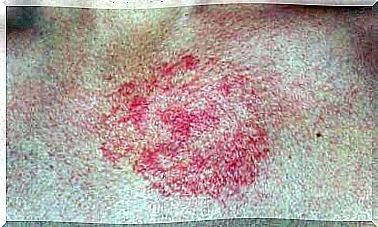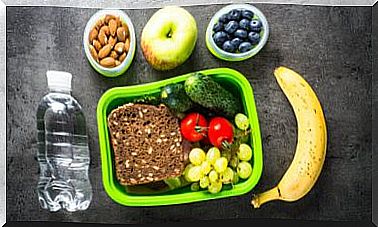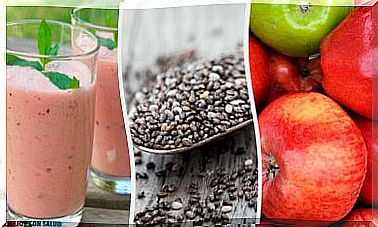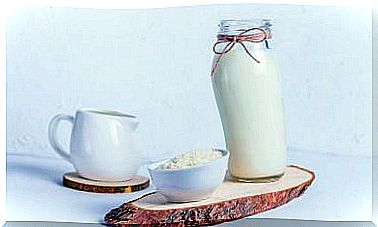About The Hyperprotein Diet To Lose Weight
Increasing protein consumption leads to positive changes in terms of body composition.
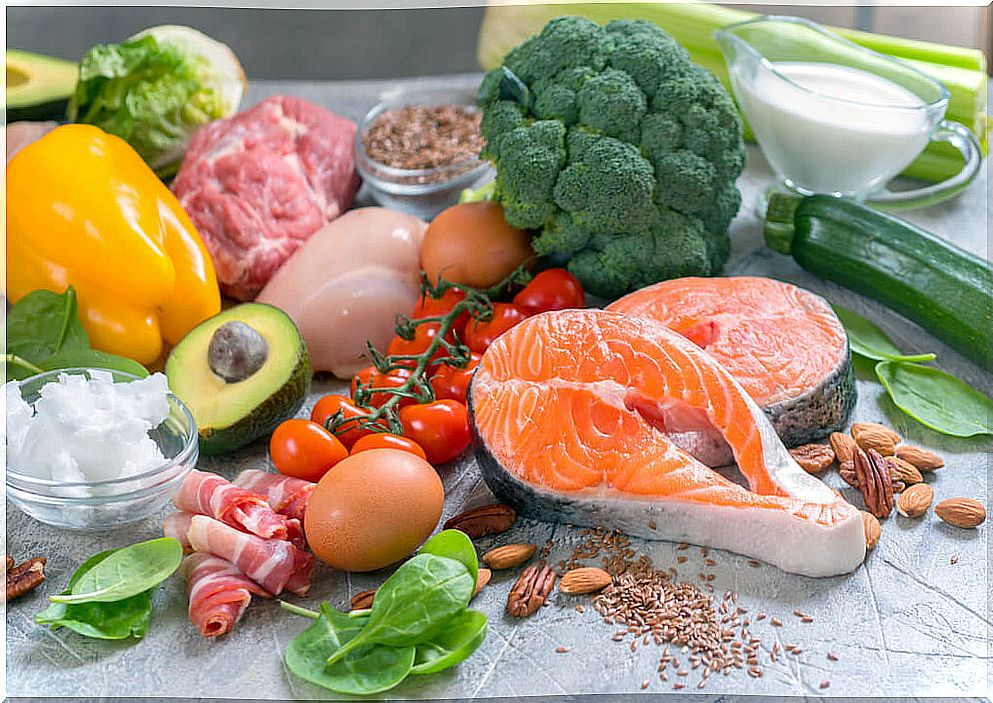
A high protein diet consists of consuming, mainly, foods rich in protein. The objective is that the proportion of this group of nutrients in particular is higher with respect to the recommendations, with which, it is far from the balanced diet model.
Supposedly, this type of diet aims to help the body use accumulated fat as an energy source, thus promoting weight loss.
There have been people who have turned to this form of diet to lose weight and look better. In the background, they have also turned to him to “improve their physical condition” when training.
The hyperprotein diet promises to help metabolize accumulated fats, to take advantage of them as an energy source, thus reducing adipose tissue, according to a study published in the journal “Canadian Family Physician Medecin de Famille Canadien”. Also, if you are physically active, it would be much easier to increase muscle mass and achieve a toned body.
However, from a medical point of view, maintaining a diet high in protein could carry several risks, including the damage it does to the renal system. In any case, there is no solid evidence on this, they are hypotheses.
Proteins and diet
Proteins are nutrients that are a structural part of tissues, according to a study published in the journal “Nutrients.” Therefore, they are a fundamental part to train and strengthen both the skeletal and muscular systems. Consequently, they are essential for the proper functioning of the locomotor system.
There are both animal and vegetable sources of protein. The ideal would be to make a balanced consumption of both types, within a balanced diet. However, it is true that, in the first instance, meat is often thought of as the main source of this type of nutrients.
The World Health Organization (WHO) recommends that 15% of daily calories come from protein. Of course, this amount can vary depending on several factors, such as:
- The state of health.
- The current feeding type.
- Physical activity that is carried out on a daily basis, among other aspects.
How to plan a protein diet?
In the first place, any diet must start from a medical study that determines the physical conditions of the person and their respective needs. For this, it is necessary to go to a medical consultation and, if necessary, consult a nutritionist later.
Once you have the opinion of these experts and the protein diet is not a problem for us, you can start planning a specific diet.
Possible contributions of a high protein diet
- The frequency of meals would increase (from 3 to 5) proportionally.
- The foods that it includes would provide satiety, so you would not go hungry .
The key to a hyperprotein diet could be to maintain a balance in the consumption of foods rich in protein, both of animal and vegetable origin. And to avoid harming the renal system, it would be necessary to take care of fiber and water consumption.
And why should you maintain a good intake of fiber and water? Because by increasing the consumption of proteins, it would be necessary to help the stomach, kidneys and liver to process food (as well as expel waste). In this regard, hydration and foods that contain fiber, such as fruits, vegetables, cereals and legumes, would be essential.
Discover: What are lean proteins and what are their contributions to the diet?
Precautions
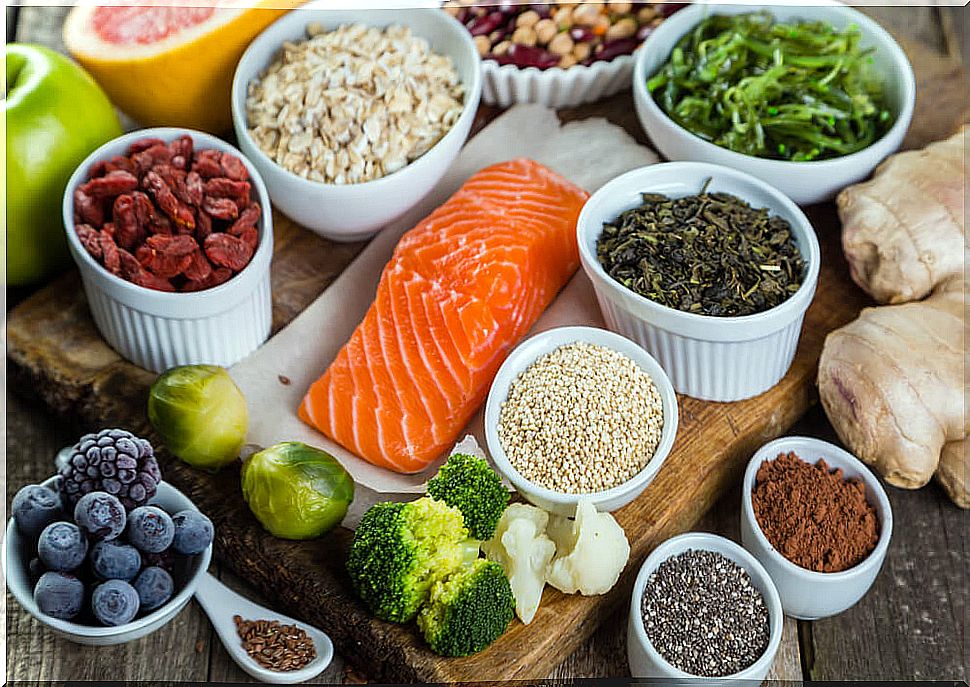
- People with kidney problems should reduce their protein intake. Therefore, a protein diet is not recommended in these cases.
- Patients with liver problems should consult with their doctor before starting a protein diet. The same happens in the case of people with diabetes problems.
High protein diet can improve body composition
If you decide to follow a high protein diet, you will have seen that it is not about stopping eating or falling into a bland diet. On the contrary, it is about gradually introducing the foods that will be more flattering for the body and reinforcing their action with good habits such as exercise and adequate hydration.
Do not forget to consult with the specialist to determine the duration and if it is a suitable diet for you. Remember, your health comes first.

